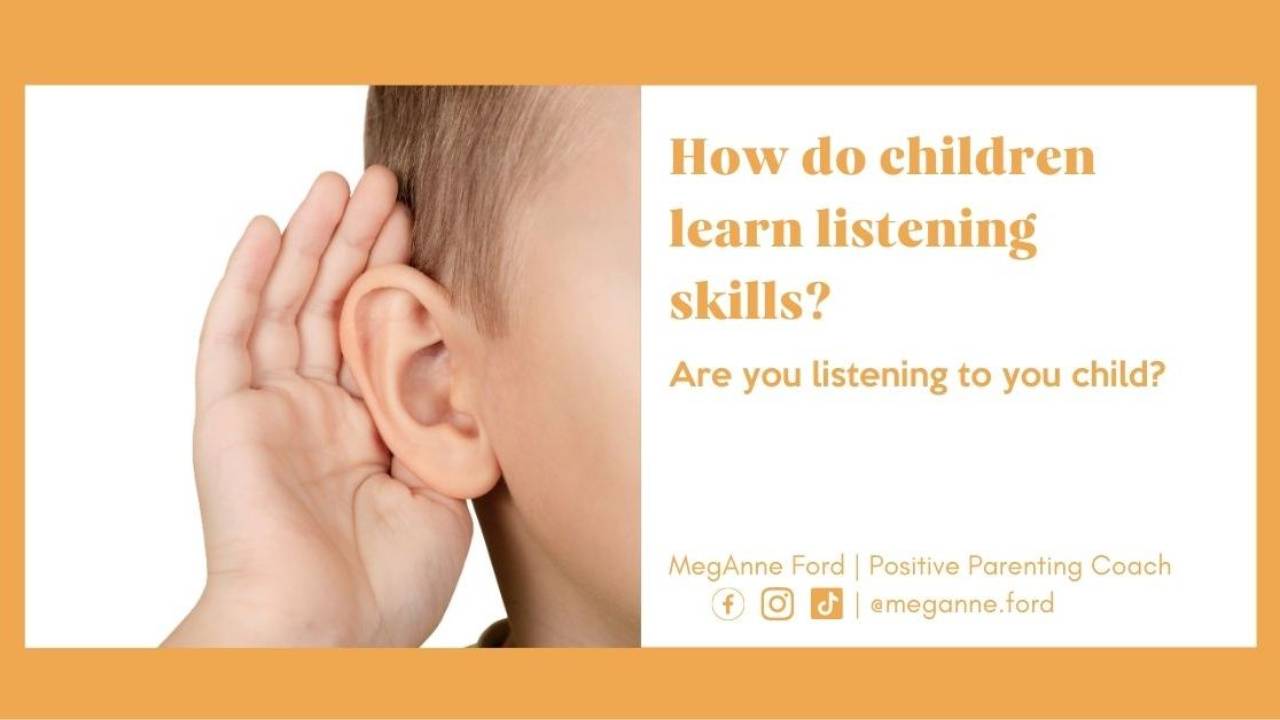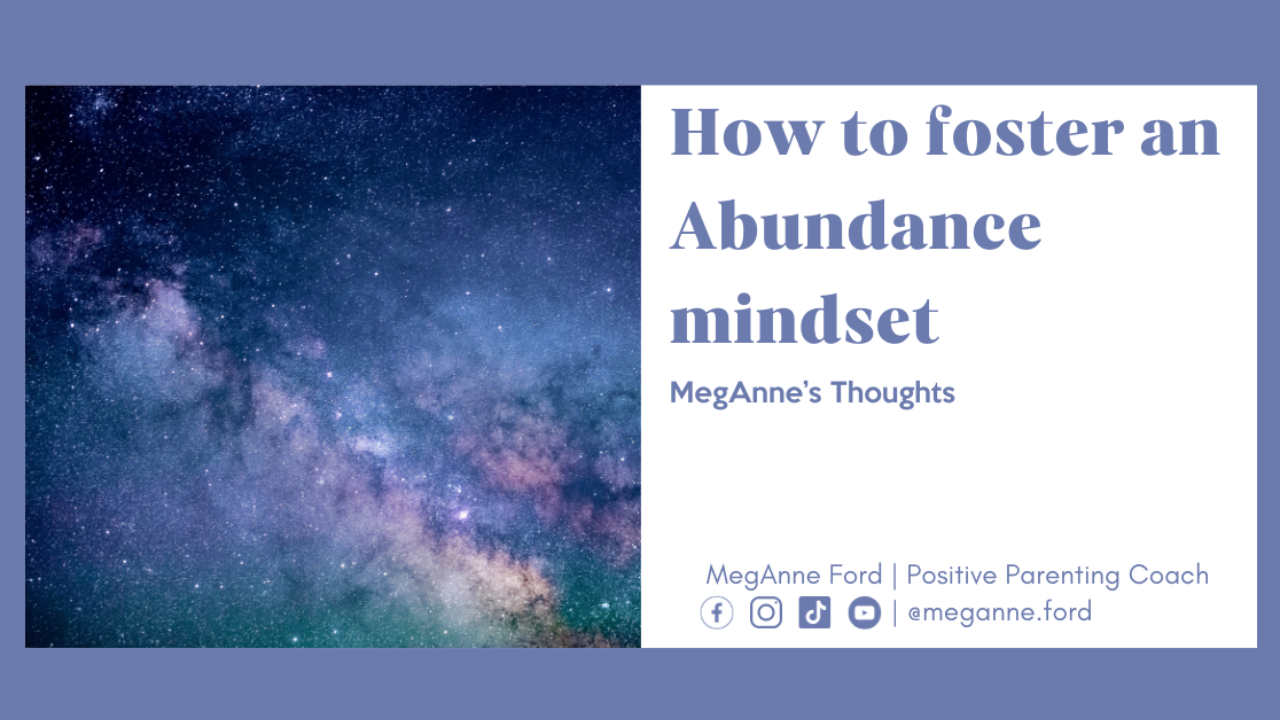
Five Missed Opportunities for Connection with your Strong Willed Child
Nov 23, 2023
Connecting
What does it feel like to truly connect with your kid and get through a stressful moment?
Much like any other important relationship, connecting in your parenting means prioritizing the relationship over all else in your world. It means showing up with empathy & compassion along with balancing it with boundaries & accountability.
Not being too kind, like a waterfall flowing into burnout and resentment.
Not being too firm, like a brick wall emitting stiffness and coldness.
It’s the balance of being kind and firm and valuing the relationship that builds a solid emotional foundation between two people.
This is not the message that society gives off.
When you are watching TV shows, listening to Moms at the playground, and even just scrolling through many parenting-focused online spaces, you will hear a different message, one of control. The myth they sell us is that connection is just IS. It just happens. It is instinctual. You don’t need to focus on it.
Society asks questions relating to “How to get my child to stop screaming,” complaints of “So much to do all the time with little help,” and finally, the undertone of childism.
Which, by definition, means that children are seen as “less than” because of their age. Yes, children indeed have different responsibilities and privileges. I won’t argue that, but they are still human and have the birthright to make their own decisions and be their own person.
They are not “yours”. They are “their own”.
With this story being told over and over again- it totally makes sense why connection can fall to the very bottom of the priority list.
Connection means feeling, validating, and being with someone else.
When we’re wrapped up in controlling, making, and getting, we often miss the value of slowing down and connecting first.
Getting wrapped up in the doing is so common because we are typically graded on our productivity and accomplishments.
This makes me think of the Daft Punk song “Harder, Better, Faster, Stronger,” which focuses on pumping energy into the masculine trait of DOING.
Task lists, transitions, errands, chores. These are all of the things that keep a household moving forward, but when we focus too much here we miss out on the very glue that holds us together, the connection.
Connecting is building Emotional Intelligence.
Connection is rooted in being, feeling, and understanding.
It’s the soft and gentle skills that are associated with building emotional intelligence. But these softer, less tangible skills are what’s needed to help convey the message- I see you, I hear you, you are valuable to me, and your feelings matter to me.
5 top opportunities good parents miss out on connecting with their children, building emotional intelligence
1. When time is limited
Times like morning drop off, getting dressed and out the door, leaving to meet for a doctor's appointment, or even just in the evening transitioning to bedtime.
Whenever there is a time crunch, it’s natural to cut out on connection in favor of shouting commands and moving the train along.
I get it, but what may happen is that your strong-willed child may react forcibly - or with aggression. When there is pressure and a strong-willed child is being told what to do instead of being included in the process, they will perceive an imbalance of power and will fight to get it back.
This may look like picking a fight, having a meltdown, asking for help, getting distracted, or slamming doors.
Try this instead:
Begin to bring your child INTO the process of helping make the morning a bit smoother by offering little investments in the connection bank. This may look like a morning cuddle, words of affirmation, asking for help, and just simply being present- and not three steps ahead.
2. When in public
Moments out in public can be overwhelming and invite us to shift into more of the "doing" energy.
The energy of just running in and running out and where speed and caution are top priority.
This is the perfect breeding ground for a power struggle, and with eyes on you like you’re in the spotlight, it’s easy to give in and fix things instead of connecting.
Try this instead:
Before going into the store, even before getting into the car, break the trip down into 3 steps. Ex: “Car ride, Target, Home to play.” and repeat those three steps. When inside Target and your child is begging for the new trash toy at the register with the fancy display- you can connect to validate their feelings, ask to snap a photo to remember for another time, and remind them you will be going home to play!
3. When the adult is feeling H.A.L.T
H.A.L.T. is an anagram that stands for
Hungary, Angry, Lonely, Tired
Often used when interacting with children.
For Example: When children are tantruming and melting down. Working through a quick check of H.A.L.T. can help you de-escalate a situation in a matter of minutes.
But the same is true for adults. When we feel the effects of H.A.L.T., we can shift too quickly into a power struggle and revenge mode. When our needs are unmet, it’s easy to be tripped by those around us.
Try this instead:
Valuing self-care and making it a priority is the best thing to do for your family. You can not pour from an empty cup- so making the space and time to fill it is the single best thing you can do for yourself and your relationships.
4. Children are hurt
It’s never fun or easy to see a child fall down and scrape their knee. It’s difficult.
This is what I typically hear being shared: “You’re alright. Stand up. You're a big kid!” And I get it.
I understand the intention fully. I used to do it, too.
But then I read a book, “The Blessing of a Skinned Knee," which totally radicalized how I view these painful moments.
I share the invalidating statement of “You’re alright” because it’s ME who has difficulty with seeing them in pain. It’s not about actually helping them through it.
Because my words only help me eliminate my pain- not them with theirs.
It hurts when you scrap your knee, and you are feeling actual pain, sharp pain sometimes with blood.
At that moment, you are not okay, and that’s okay. It’s a big opportunity to connect and help them through this challenge, not ignore that it’s happening.
Try this instead:
“WOW, that was a big fall, and now your knee hurts. Yes, this is painful- oh, I’m so sorry you fell and hurt your knee.” Then, when things begin to calm, ask, “How can I help you?” and then follow through with triage care!
5. Stressful Moments
Not only are there different triggers to stress- but there are three main categories of stress- acute, episodic, and chronic.
Understanding WHAT invites the feelings of stress and taking care of our stress helps us lean into connection even more.
When we are consumed with stress and anxiety, it will make it nearly impossible to access the parts of the brain needed for logic, language, and connection.
Because of the overwhelming feelings of stress- we will be locked into our lower brain functions, which makes it super challenging to connect.
Try this instead:
Ask for help learning how to move through stress and the big moments. Bringing in some outside resources can help teach you new coping skills and connection skills so that you can access the dream parent you have inside!










